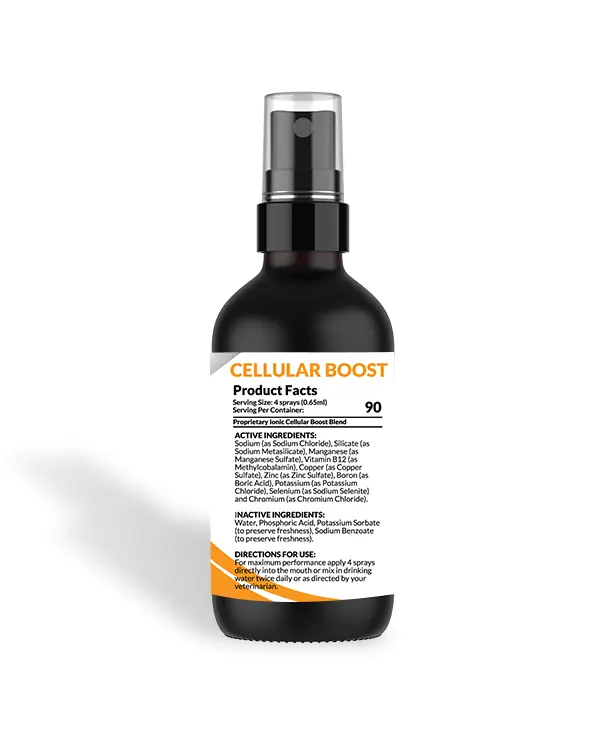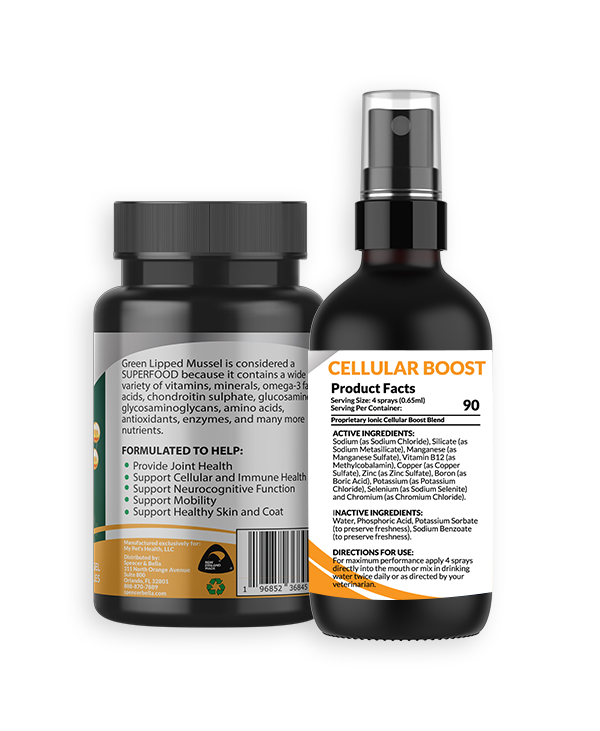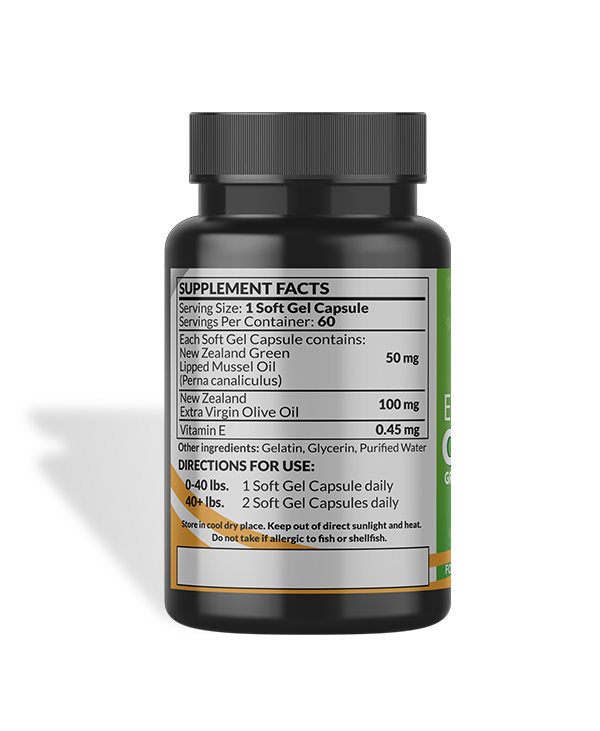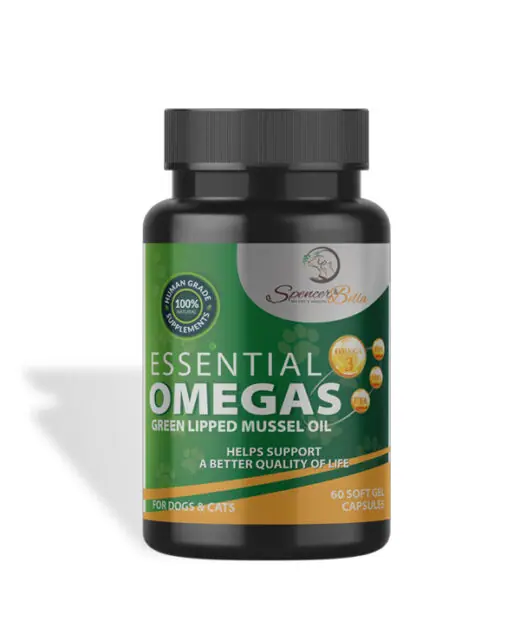Vibrant and alert, occasionally playful yet consistently brave, the Boxer has held its place as one of America’s most beloved dog breeds for an exceptionally long time. This charismatic breed captivates hearts with its affectionate nature and playful demeanor. In this comprehensive guide, we will delve deep into the key aspects of Boxer health, shedding light on common health problems, medical issues, and breed-specific health concerns. From hip dysplasia and heart issues to essential health testing, we aim to provide Boxer owners with valuable insights to ensure the well-being of their beloved companions.
History of the Boxer Breed
The Boxer breed has a rich and fascinating history that dates back to the late 19th century. Originally developed in Germany, Boxers were bred by crossing the now-extinct Bullenbeisser and the English Bulldog. These early Boxers were formidable hunting dogs, used to chase and hold large game such as boar and deer until the hunters arrived.
After World War II, American soldiers returning home from Europe brought Boxers with them, introducing the breed to the United States. Their exceptional qualities as family pets and working dogs quickly gained popularity, and the Boxer breed became a cherished part of American households. Boxers are considered working dogs, and they have been employed in various roles, including police dogs and seeing-eye dogs. Their versatility and loyalty make them ideal companions and guard dogs, endearing them as loyal family pets, especially fond of children.
Understanding Boxer Health Concerns
Introduction to the Boxer’s Vibrant Health
The Boxer, with its exuberant personality and boundless energy, has captured the hearts of dog lovers worldwide. This popular breed’s charming nature, coupled with its unwavering loyalty and courage, has made it a beloved companion and a cherished part of many families. As with any breed, Boxers are not immune to health challenges. In this comprehensive guide, we will delve into the key aspects of Boxer health, including common health problems, medical issues, and breed-specific health concerns. By being well-informed about these potential health concerns, Boxer owners can take proactive measures to ensure the well-being of their beloved companions.
Boxer Health Problems: Navigating the Road to Well-Being
While Boxers are renowned for their robust and athletic build, they may encounter certain health issues that require careful attention and care. Monitoring and managing these health concerns is essential in providing our Boxers with a healthy and fulfilling life. In this section, we will explore the most frequently encountered health problems in Boxers and equip owners with the knowledge needed to address them effectively.
Hip Dysplasia: The Genetic Joint Challenge
Hip dysplasia is a significant concern for Boxers, as it is for many larger breeds. This genetic joint condition occurs when the hip joint does not develop properly, leading to joint instability and discomfort. Boxers, known for their playful and active nature, may experience reduced mobility and difficulty in performing everyday activities when affected by hip dysplasia. Early detection through regular health check-ups and appropriate imaging techniques is crucial in managing this condition and alleviating any associated pain.
What to Look Out For:
- Reluctance to engage in physical activities or reluctance to stand up after resting.
- Difficulty in climbing stairs or jumping onto furniture.
- An altered gait, such as bunny-hopping or swaying hips while walking.
- Signs of discomfort or pain, like whimpering or yelping when touched around the hip area.
Cardiomyopathy: Nurturing a Healthy Heart
Boxers are predisposed to certain heart issues, and cardiomyopathy is among the most significant concerns for the breed. This condition affects the heart muscle’s ability to pump blood effectively, leading to potential complications in heart function. Given the Boxer’s enthusiastic nature, owners may overlook early signs of heart problems. Therefore, regular veterinary check-ups and heart health screenings are vital in monitoring their heart health and addressing any emerging issues promptly.
What to Look Out For:
- Decreased stamina and reluctance to engage in physical activities.
- Coughing, especially during or after exercise
- Rapid or irregular breathing
- Fainting or collapsing episodes
Skin Allergies: Embracing Skin Comfort
While not all Boxers experience skin problems, some may be susceptible to skin allergies, causing itching, redness, and discomfort. Allergic reactions may arise due to environmental factors, food sensitivities, or reactions to specific grooming products. Understanding the triggers of skin allergies is vital in providing proper treatment and relief. Regular grooming routines, hypoallergenic products, and potential diet modifications can help alleviate skin irritation and ensure our Boxers enjoy healthy and radiant skin.
What to Look Out For:
- Excessive scratching, licking, or biting of the skin.
- Red or inflamed skin, rashes, or hives
- Hair loss or thinning coat in specific areas
- Presence of hot spots or sores on the skin
Certain Types of Cancer: Confronting Health Challenges with Courage
Certain types of cancer can occur in Boxers, as they can in any breed. Prompt attention to any unusual lumps or growths on their pet’s body is essential, and veterinary evaluation is crucial. Early diagnosis and intervention can have a significant impact on treatment success and the overall prognosis, emphasizing the importance of regular body inspections and awareness of changes in behavior.
What to Look Out For:
- New or changing lumps or bumps anywhere on the body.
- Unexplained swelling or enlargement of body parts
- Changes in appetite or weight loss
- Lethargy or changes in energy level
Boxer Health Testing and Screening
Boxers, unlike many other breeds, are recommended to have regular health testing and screenings specific to their breed, and these measures are crucial for their overall well-being.
By conducting health testing and obtaining clearances, breeders contribute to the overall health of the Boxer breed, reducing the likelihood of passing on hereditary health issues to future generations. This proactive approach sets the foundation for a healthier and happier lineage of Boxers.
For Boxer owners, regular health testing and screenings throughout their dog’s life are essential components of responsible pet care. These tests help monitor their health and detect any potential health issues at an early stage. Early detection allows for timely intervention and appropriate management, significantly improving the Boxer’s quality of life and ensuring they enjoy a healthy and active life.
Veterinarians may recommend specific health tests based on the Boxer’s age, breed-specific predispositions, and lifestyle, tailoring their approach to individual health needs. As Boxers age, additional health screenings may be advised to monitor their overall well-being and address any age-related health conditions.
Key Health Tests for Boxers:
Hip Dysplasia Evaluation:
The Orthopedic Foundation for Animals (OFA) offers hip evaluations to assess the hip joint’s health and determine if any signs of dysplasia are present. Watch for signs of discomfort, reluctance to exercise, and difficulty climbing stairs. Early detection of hip dysplasia is critical, as it allows for proactive measures to be taken to manage the condition and reduce discomfort.
Cardiac Screenings:
The Boxer breed is prone to certain heart conditions, and regular cardiac evaluations help identify any abnormalities early on. Monitor for signs of fatigue, coughing, and fainting spells. Veterinary cardiologists perform echocardiograms to evaluate the heart’s structure and function, providing valuable insights into any potential cardiac issues.
Eye Examinations:
Eye problems, including conditions like progressive retinal atrophy (PRA) and cataracts, can occur in Boxers. Watch for signs of vision impairment, cloudiness in the eyes, or excessive tearing. Regular eye exams can help identify these issues and enable appropriate interventions if necessary.
Thyroid Testing:
Thyroid imbalances can lead to various health problems in Boxers. Watch for symptoms such as weight gain or loss, changes in appetite, and skin issues. Regular thyroid testing can help identify any thyroid-related issues and enable appropriate interventions for optimal health.
Supporting Boxer Health with Essential Supplements
As responsible Boxer owners, providing our beloved companions with the right supplements can significantly contribute to their overall well-being. Boxers are prone to certain health concerns, and targeted supplementation can help address these issues effectively. Here are four essential supplements recommended for Boxers, followed by a detailed explanation of why Cellular BOOST and Essential OMEGAS are particularly beneficial for this breed.
Read our blog about the benefits of Cellular BOOST daily for your cats and dogs.
-
Cellular BOOST
$35.00 - or Subscribe and Save 10% -
Cellular BOOST & Essential OMEGAS Bundle
$84.00 - or Subscribe and Save 10% -
Essential OMEGAS
$49.00 - or Subscribe and Save 10%
Joint Supplements for Hip Dysplasia:
Boxers, like many large breeds, can be susceptible to hip dysplasia, a genetic joint condition that affects the hip joint’s proper development. Joint supplements containing glucosamine and chondroitin are highly beneficial for Boxers with hip dysplasia. These ingredients promote joint health, reduce inflammation, and support mobility, helping your Boxer remain active and comfortable.
Heart Health Supplements:
Boxers are known for their exuberant nature, but this can sometimes put strain on their cardiovascular system. Heart health supplements, such as those rich in Omega-3 fatty acids, can support a healthy heart and improve blood circulation. Maintaining cardiovascular function is crucial for Boxers to enjoy an energetic and playful life.
Skin and Coat Supplements:
Boxers can be prone to skin allergies and irritation, which can lead to itching, redness, and hair loss. Supplements containing Omega-3 and Omega-6 fatty acids can nourish the skin from within, promoting a lustrous coat and reducing the risk of skin issues. These supplements help your Boxer look and feel their best.
Multivitamins and Minerals:
Just like humans, Boxer’s benefit from a well-balanced diet that includes essential vitamins and minerals. Multivitamin supplements ensure that your Boxer receives all the necessary nutrients to support their overall health and well-being. These supplements are particularly valuable in promoting energy levels, supporting a healthy appetite, and maintaining a glossy coat.
Cellular BOOST:
This revolutionary supplement is formulated to optimize blood flow and enhance nutrient absorption at the cellular level. By promoting improved circulation, Cellular BOOST ensures essential nutrients are efficiently delivered to all organs and tissues, bolstering overall health and vitality in Boxers. Its unique blend of natural ingredients not only boosts energy levels but also aids in post-physical activity recovery. Additionally, Cellular BOOST strengthens the body’s ability to combat free radicals and oxidative stress, providing Boxers with enhanced well-being and a renewed zest for life.
Enhance cognitive function and promote healthy brain development
Essential OMEGAS, a supplement exclusively derived from green-lipped mussel oil, bestows a true gift of nature upon Boxers over 6 months old. This exceptional supplement is a rich source of omega-3 fatty acids, including EPA and DHA, which offer remarkable anti-inflammatory properties, benefiting joint health, cardiovascular function, and fostering a lustrous coat. Notably, Essential OMEGAS provides additional advantages with ETA (eicosatetraenoic acid), a rare omega-3 fatty acid solely found in green-lipped mussels. The incorporation of ETA adds further support to Boxers overall health and well-being, enhancing cognitive function and promoting healthy brain development.
Alongside the essential omega-3s, green-lipped mussels are abundant in vitamins and minerals that contribute to Boxers’ vitality. These mussels boast an array of essential nutrients, including vitamins C and E. These are powerful antioxidants that combat oxidative stress and support the immune system. Additionally, green-lipped mussels are rich in minerals such as zinc, selenium, and manganese. These play pivotal roles in enzymatic processes, cellular health, and immune function. By seamlessly incorporating Essential OMEGAS into their daily routine, Boxers can revel in the myriad of health benefits that these essential fatty acids, along with ETA, vitamins, and minerals, offer.
With Cellular BOOST and Essential OMEGAS, Boxer owners can provide their furry companions with targeted support for joint health, cardiovascular function, skin and coat care, and overall vitality. These supplements are ideal to address the unique health needs of Boxers, ensuring they lead a happy, healthy, and vibrant life by their owners’ side. Remember to consult with your veterinarian before adding any supplements to your Boxer’s diet to ensure they are receiving the appropriate dosage based on their individual health requirements.
Conclusion
In conclusion, the Boxer is a captivating and spirited breed, renowned for its affectionate nature and boundless energy. Throughout this comprehensive guide, we have delved into the key aspects of Boxer health. Moreover, shedding light on common health problems, medical issues, and breed-specific concerns. By being well-informed about these potential health challenges and taking proactive measures such as regular health testing, appropriate supplements, and attentive care, Boxer owners can ensure the well-being and longevity of their beloved companions. Embracing the Boxer’s vibrant personality and providing them with the love and attention they deserve. It will undoubtedly lead to a fulfilling and joyous journey for both the Boxer and its devoted human family. Additionally, cherish the moments spent with your Boxer, and together, embark on a life filled with love, laughter, and boundless adventures.
Boxer FAQs: Your Questions Answered
Q: Why do Boxer puppies have a bump on their heads?
A: The bump, or “muzzle bump,” on the heads of Boxer puppies is a normal characteristic of the breed. It is a part of their skull structure and typically becomes less prominent as the puppy grows into adulthood. This unique feature adds to the Boxer’s distinct appearance and is a natural trait of the breed.

Click here to know bout German Shepherd Health concerns
Q: What is the average lifespan of a Boxer?
A: On average, Boxers have a lifespan of 10 to 12 years. Providing them with proper care, a balanced diet, regular exercise, and routine veterinary check-ups can contribute to a longer and healthier life.
Q: Why do Boxers sit on people?
A: Boxers are known for their affectionate and social nature. When they sit on people, it is often their way of seeking attention, showing affection, and seeking closeness with their human companions. Boxers enjoy being part of the family and sitting on their owners can be a way to be involved in their activities.
Q: Do Boxers snore?
A: Yes, Boxers are known to snore. Like many dog breeds, Boxers can snore due to their unique facial structure and soft palate. While it is usually harmless, loud, or excessive snoring could be a sign of certain health issues. Additionally, if concerned, it is best to consult a veterinarian.
Q: Do Boxers drool?
A: Yes, Boxers can drool, but the amount of drooling varies from dog to dog. Some Boxers may drool more than others, especially after eating or drinking. Proper dental care and regular check-ups can help manage any excessive drooling.
Q: What questions should you ask a Breeder?
A: When getting a Boxer from a breeder, it is essential to ask several questions to ensure you are dealing with a reputable and responsible breeder. Some important questions include:
- Can I see the puppy’s parents and their health certifications?
- What socialization and training have the puppies received?
- Are the puppies up to date on vaccinations and deworming?
- Do you provide a health guarantee for the puppy?
- What is your breeding philosophy, and how do you care for your dogs?
- Can you provide references from previous puppy buyers?
Q: Name a cute trait that Boxers have.
A: Boxers have a signature butt wiggle. When they are excited or happy, Boxers have a charming and adorable way of wagging their entire back end. Moreover, creating a playful and endearing sight that melts the hearts of their owners. This unique behavior is a delightful characteristic of the breed, showcasing their joyous and fun-loving nature.










